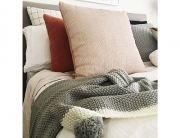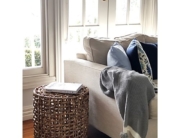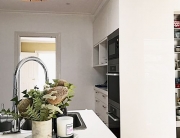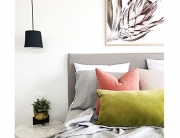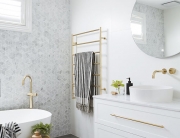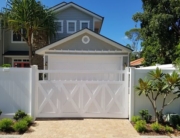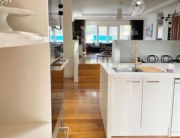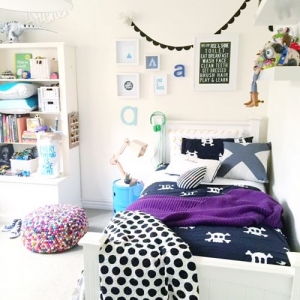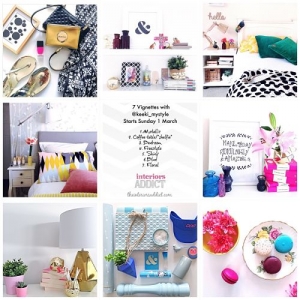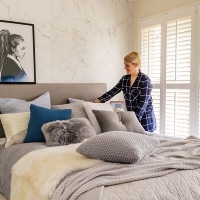Are you building a new home and thinking about which surface to use for your new kitchen bench? Or are you currently remodeling your dated kitchen and in need of a crash course on the very best materials to use in a new kitchen? If you answered yes to either, you should definitely read these picks for the best kitchen bench surfaces. Doing just a bit of research on this topic should help you make the best decision for your new kitchen bench.
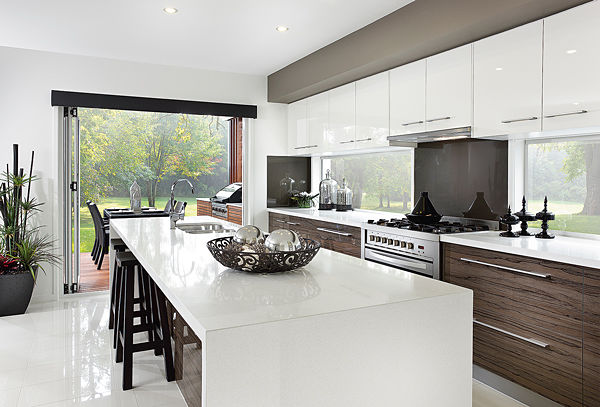
A kitchen bench made from stone can lend a touch of luxury to your cooking area. By far, the two most popular options are marble and granite. Marble is tough and can add a flair of originality to your kitchen; hence, it is an ideal choice for a bench. However, it is not very durable compared to other stone and it also isn’t scratch or stain resistant. It’s also quite expensive. A much better option is granite. Granite is tough and scratch resistant, and it will last you for years. However, it is heavy and more labour intensive to install. Note that both granite and marble are porous, so you’ll need to make sure your new stone bench is treated with regular sealing to prevent the penetration of liquids into the stone.
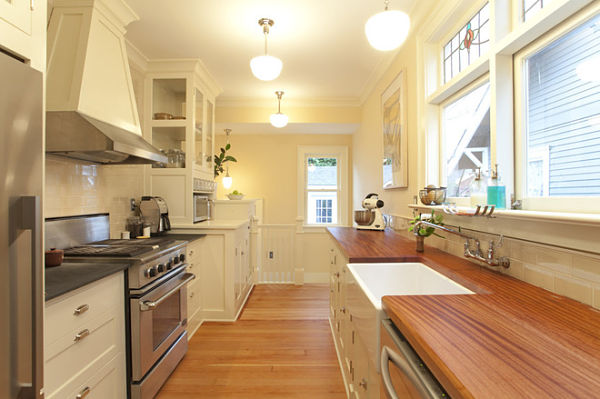
Using timber for your new bench top will help your kitchen feel more traditional and inviting. Timber is available in a variety of different colours and patterns, so you can choose a wood that fits the overall aesthetic of your new kitchen. It is a strong and long-lasting material, and it won’t blunt your knives. Timber is also easy to clean and maintain. However, with timber, you’ll need to clean up any spills as soon as possible lest liquids seep in and start rotting the wood. The best way to prevent any moisture destroying your new timber kitchen bench is to reseal it every year.
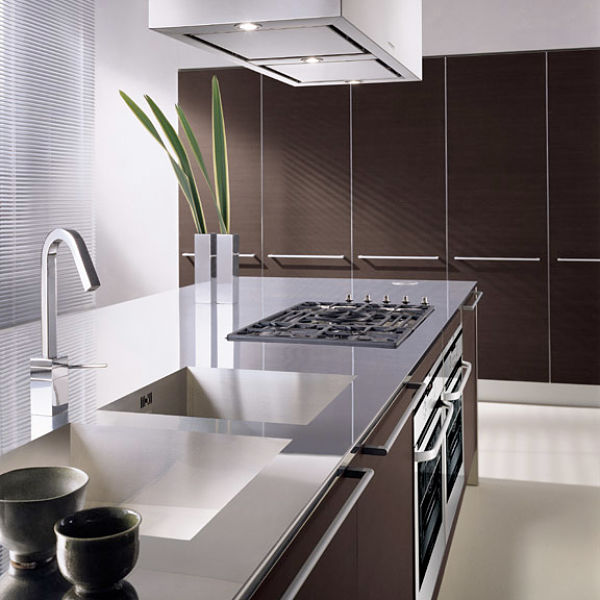
Easily the more affordable option, using laminate on your new bench isn’t just cheap; it can also give your new kitchen a super modern look through a range of patterns, colours and textures. Laminates are made from layers of paper stuck together, yet they remain one of the most durable surfaces for a kitchen bench. They are also very easy to clean and maintain. However, be mindful that laminates are difficult to repair, so you’ll have a hard time repairing any chips in your bench. Just be careful and you should be okay.
What do you think? Are you any closer towards coming to a decision about which surface to use for your new kitchen bench? For some more expert opinions, you could contact professional home builders, such as Coral Homes. Just be sure to do as much research as you can before committing to your final decision. You need the time to think it all through so you can make the right choice. If you have any suggestions or advice for other people trying to decide on bench surfaces, feel free to share them in the comments section below.
Brought to you by Coral Homes.




